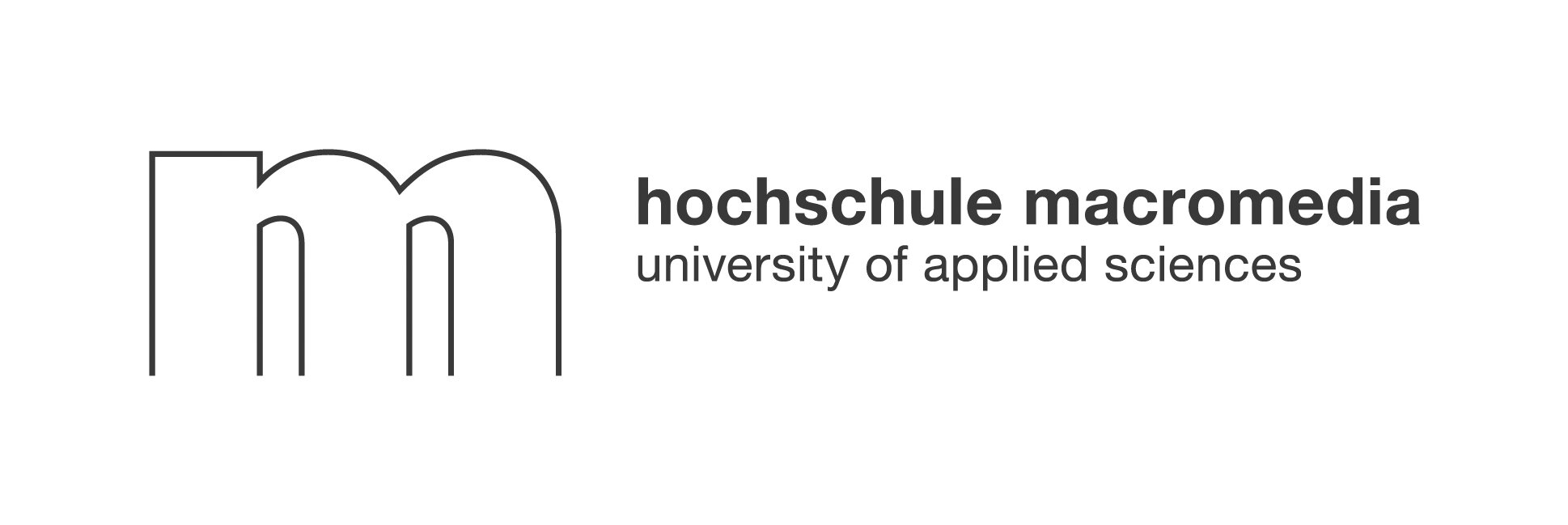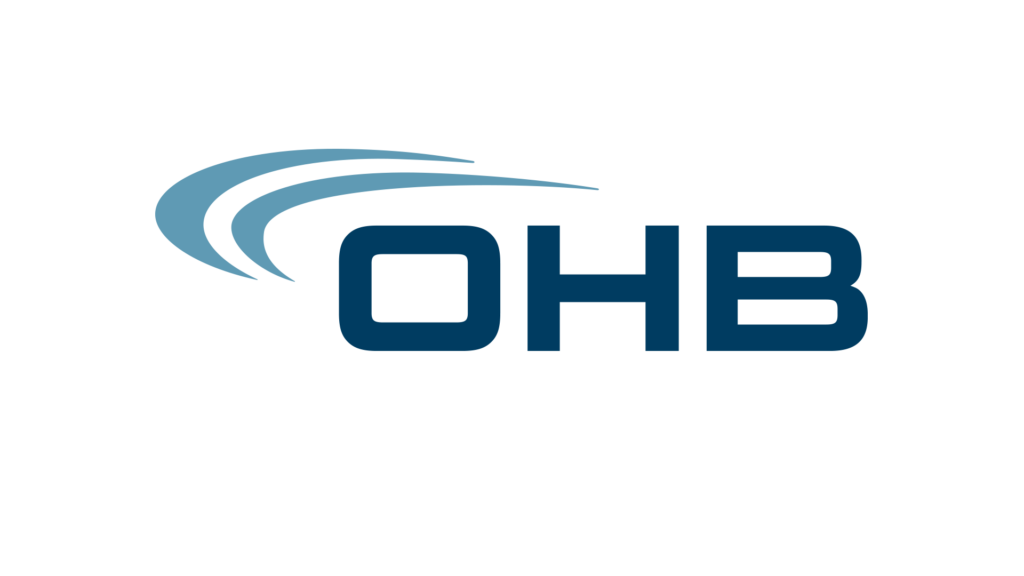In today's evolving workplace landscape, the way teams connect and collaborate has transformed dramatically. As organizations navigate hybrid work environments and changing employee expectations, corporate activities have become more crucial than ever. But here's what might surprise you: the most effective team-building initiatives aren't always the ones that follow traditional playbooks. Let's explore how modern organizations are reimagining workplace connections and why it matters more than ever in 2025.
Understanding Corporate Activities: Definition and Importance
What Are Corporate Activities?
Corporate activities encompass organized events and initiatives designed to strengthen workplace relationships, enhance team dynamics, and foster a positive company culture. These activities go beyond traditional office work, creating opportunities for employees to interact, learn, and grow together in different contexts. Modern workplace initiatives have evolved from rigid, mandatory events to more flexible, employee-driven experiences that prioritize authentic connections. The focus has shifted from structured, top-down programming to organic, interest-based gatherings that naturally align with employees' preferences and schedules.
Why Corporate Activities Matter in Modern Business
In today's hybrid work environment, intentional relationship-building has become essential. With teams often spread across different locations and time zones, corporate activities serve as vital touchpoints for maintaining company culture and team cohesion. These initiatives help bridge the gap between remote and in-office experiences, ensuring all employees feel connected to their colleagues and organization regardless of their physical location. The most successful organizations recognize that strong interpersonal bonds lead to improved collaboration, increased innovation, and higher employee satisfaction levels.
Key Benefits of Organized Corporate Activities
Well-designed corporate activities deliver multiple advantages that directly impact organizational success. Enhanced team collaboration and communication emerge naturally as employees build stronger relationships through shared experiences. Employee retention rates typically improve when staff members feel genuinely connected to their colleagues and workplace culture. Cross-departmental relationships flourish as activities break down traditional silos, leading to more innovative solutions and improved project outcomes. Perhaps most importantly, thoughtfully planned activities contribute to better mental health and work-life balance, creating a more engaged and satisfied workforce.
Types of Team Building Corporate Activities
Indoor Team Building Activities
The landscape of indoor team activities has evolved dramatically in recent years, moving far beyond the awkward trust falls of the past. Modern organizations are discovering the power of immersive experiences like escape rooms, where teams naturally fall into collaborative roles while solving intricate puzzles against the clock. The kitchen has emerged as another unexpected venue for team bonding, with cooking workshops creating an informal atmosphere where hierarchies dissolve over shared cutting boards and stovetops. Innovation workshops have also taken center stage, transforming traditional meeting spaces into creative hubs where colleagues can explore new ideas while strengthening their professional bonds.
Outdoor Adventure Activities
Taking teams outside the office walls has proven transformative for workplace relationships. Picture colleagues discovering shared determination during a challenging hiking expedition, where conversations flow naturally and professional titles fade against the backdrop of nature. Team sports have found new relevance in corporate settings, not just for physical wellness but as catalysts for authentic connections. Whether it's a friendly soccer match or a rock climbing adventure, these outdoor experiences create stories that teams carry back to their desks, fostering a sense of camaraderie that enhances daily collaboration.
Modern platforms like Neroia are revolutionizing how these activities are organized, using AI to match employees with shared interests and simplify coordination.
Virtual Team Building Options
The digital workplace has spawned innovative ways to maintain team connections across distances. Virtual coffee chats have evolved from awkward video calls into meaningful morning rituals where remote teammates share insights and laughter. Online workshops now utilize interactive technologies to ensure everyone contributes, regardless of their location. Even traditional game nights have found new life in the digital space, with teams bonding over virtual trivia sessions and digital escape rooms that bridge geographical gaps while maintaining the spirit of friendly competition.
Creative Workshop Activities
Artistic expression has opened new avenues for workplace connection. In art therapy sessions, colleagues discover shared vulnerabilities and strengths as they explore creative mediums together. Music creation workshops break down communication barriers through rhythm and melody, often revealing hidden talents within teams. Storytelling sessions transform into powerful bonding experiences where personal narratives weave together to strengthen team understanding and empathy. These creative endeavors create lasting memories while developing new perspectives on collaboration.
Communication-Based Corporate Activities
Problem-Solving Exercises
The most effective problem-solving activities mirror real-world challenges while fostering deeper team connections. Teams might find themselves collaboratively navigating complex business simulations, where each decision point becomes an opportunity for meaningful discussion and shared learning. These exercises naturally reveal different thinking styles and strengths, helping teams appreciate diverse perspectives while building their collective problem-solving toolkit. As groups work through challenges together, they develop both practical skills and stronger interpersonal bonds.
Group Discussion Activities
Structured group discussions create opportunities for meaningful dialogue and knowledge exchange. Professional development circles allow team members to share expertise and learn from each other's experiences. Cultural exchange forums broaden perspectives and foster inclusion. These discussion-based activities build stronger communication channels while expanding collective knowledge and understanding.
Leadership Development Games
Interactive leadership exercises help develop future company leaders through practical experience. Role-playing scenarios allow emerging leaders to practice difficult conversations and decision-making. Mentorship programs create lasting professional relationships while transferring valuable knowledge. These activities strengthen the leadership pipeline while fostering connections across organizational levels.
Fun Corporate Activities for Employee Engagement
Sports and Movement Activities
Small group sports activities have become a natural way for coworkers to connect. Instead of big company-wide tournaments, teams of three or four people might get together for a quick basketball game during lunch. Some colleagues meet for morning yoga sessions or after-work runs. These small groups make it easy for everyone to join in, even if they're new to the activity. The casual setting helps people feel comfortable and makes it natural to chat and get to know each other better.
Wellness and Mindfulness Gatherings
Taking care of health and happiness at work doesn't need big, formal programs. Small wellness activities, like meditation sessions or stress-management workshops, work best when just a few people join in. Some teams start walking meetings, where they discuss ideas while getting fresh air. Others might organize quick stretching breaks or healthy cooking demonstrations. These moments of wellness help people feel better and create natural friendships.

Cultural and Creative Explorations
Art and culture create perfect settings for authentic workplace connections. Colleagues might visit local galleries after work or join pottery classes where conversations flow naturally while creating. Book clubs transform lunch breaks into engaging literary discussions, while food exploration groups discover local restaurants together. These shared cultural experiences open up conversations about different perspectives and interests, helping coworkers discover unexpected common ground beyond their daily work roles.
Spontaneous Social Connections
The best activities often happen naturally, without too much planning. Maybe someone suggests getting ice cream on a hot day, and a few colleagues join in. Or perhaps a group decides to try that new escape room everyone's talking about. These casual get-togethers, where just a few people participate, often create stronger friendships than big planned events. It's like having a conversation - it flows better when it's natural and relaxed.
Future Trends in Corporate Activities
AI-Driven Social Experiences
The traditional approach to workplace connections is being revolutionized by AI-powered personalization. Unlike conventional systems that rely on HR departments to orchestrate interactions, modern AI technology empowers employees to forge authentic connections. This shift represents a fundamental change in how workplace relationships develop, moving from prescribed interactions to naturally evolving bonds.
Today's AI platforms analyze individual preferences and interests to suggest meaningful social engagements, eliminating the friction typically associated with workplace networking. These intelligent systems understand that genuine connections can't be forced through mandatory team-building exercises. Instead, they facilitate organic interactions based on shared interests and natural compatibility.
The technology serves as an enabler rather than a director, allowing employees to maintain autonomy while benefiting from smart suggestions that align with their personal and professional interests. This approach recognizes that meaningful workplace relationships flourish when employees have the freedom to connect on their own terms.
Employee-Empowered Culture
The era of top-down culture building is giving way to a more authentic, employee-driven approach. Rather than relying on prescribed corporate events and structured team-building exercises, organizations are recognizing the power of enabling employees to shape their own cultural experiences. This shift acknowledges that genuine workplace culture emerges from natural, unforced interactions among colleagues.
In hybrid work environments, this employee-centric approach becomes even more crucial. When teams are distributed across different locations and time zones, forcing traditional team-building activities becomes not just ineffective but potentially counterproductive. Instead, successful organizations are providing platforms and opportunities for employees to initiate and organize their own social connections.
The focus has shifted from mandatory participation in company-wide events to supporting spontaneous, small-group interactions that align with individual interests and schedules. This approach respects employee autonomy while fostering a more genuine and sustainable workplace culture.
Micro-Event Revolution
The future of workplace connection lies in micro-events – small, organic gatherings that emerge from shared interests rather than corporate mandates. This approach marks a decisive break from traditional large-scale company events that often feel forced and fail to create lasting connections. Instead, micro-events facilitate meaningful interactions among smaller groups of colleagues who share genuine common interests.
These gatherings might range from morning yoga sessions to after-work art exhibitions, but their defining characteristic is that they arise from employee initiative rather than HR directives. The success of micro-events lies in their authenticity – they create natural opportunities for colleagues to connect over shared passions, leading to more meaningful and sustainable workplace relationships.
Modern solutions, like Neroia's AI-powered platform, exemplify this trend by facilitating organic social connections through personalized activity recommendations based on individual preferences and interests. This approach moves away from traditional structured events toward more natural, employee-driven experiences that foster authentic relationships and stronger workplace communities.




